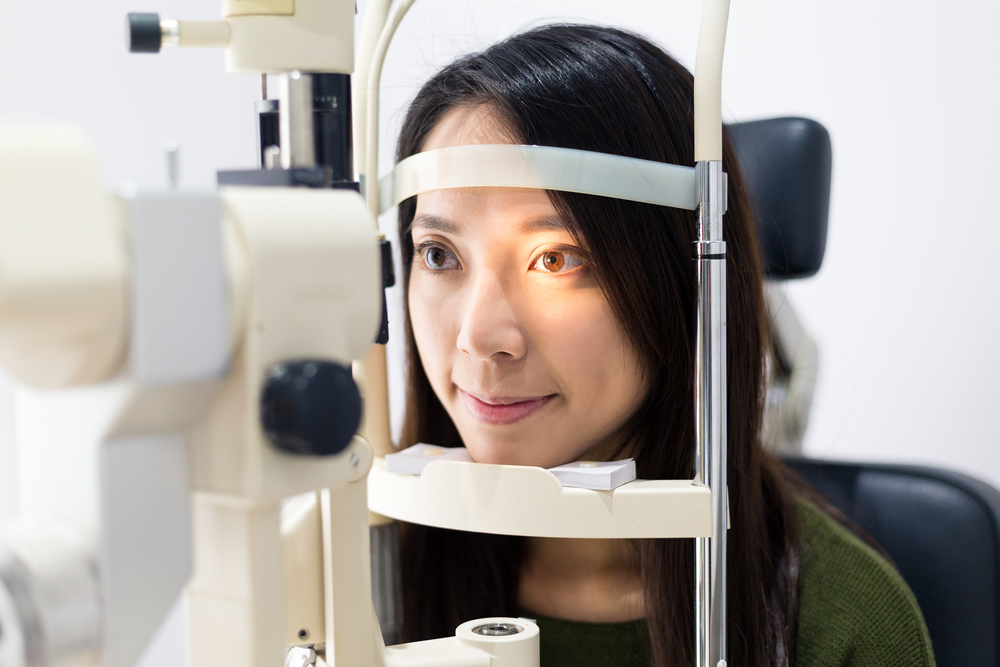
A comprehensive eye exam is a thorough evaluation of your eyes and vision by an eye care professional. It's more than just a basic vision screening. This exam involves a series of tests designed to assess not only your ability to see but also to detect any potential eye diseases.
Unlike the basic eye checks you might have had at school or work, a comprehensive eye exam can identify underlying health issues that may affect your vision in the future. It's a preventative measure and an essential part of maintaining good eye health.
What to Expect Before the Comprehensive Eye Exam
Before you have a comprehensive eye exam, there are a few things you should prepare for. Firstly, you should make a list of any symptoms or issues you're experiencing. This could be anything from blurred vision to eye strain or discomfort.
Next, prepare a list of all the medications you are currently taking. Certain medicines can affect your vision or interact with medications your eye doctor might prescribe.
Finally, if you already wear glasses or contact lenses, make sure to bring them along. Your optometrist will want to check your prescription and see if any changes are needed.
What to Expect During the Comprehensive Eye Exam
A comprehensive eye exam typically lasts about an hour, depending on the number of tests your optometrist decides to conduct. The exam usually starts with a review of your medical history, followed by a series of eye tests.
You can expect your eye doctor to conduct tests to check your visual acuity, peripheral vision, depth perception, color vision, and response to light. They'll also examine the front and back of your eye to check the overall health.
These tests are not painful. They're designed to be as comfortable as possible while providing your eye doctor with the necessary information about your eye health.
Tests Included in a Comprehensive Eye Exam
There are several tests that your eye doctor may conduct during a comprehensive eye exam. These include, but are not limited to, a visual acuity test (reading a vision chart), a refraction assessment (determining the right prescription for glasses or contacts), a color blindness test, a visual field test (measuring your peripheral vision), and an ocular motility test (assessing eye movement).
Your optometrist will also examine your eye's interior and exterior for signs of disease. They may use a bright light and a magnifying lens to examine the front of your eye. They might also use an ophthalmoscope or a retinal imaging machine to view the back of your eye.
The Role of Regular Eye Exams in Maintaining Eye Health
Regular eye exams play a crucial role in maintaining good eye health. They are the first line of defense against eye diseases and conditions such as glaucoma, macular degeneration, and cataracts. Early detection of these conditions can prevent vision loss and improve your quality of life.
Additionally, comprehensive eye exams can often detect other health issues before they become serious. Conditions like diabetes, high blood pressure, and even cancer can show early signs in your eyes.
When Should You Schedule Your Next Comprehensive Eye Exam?
The frequency of comprehensive eye exams can vary depending on your age, risk factors, and whether you currently wear eyeglasses or contact lenses. However, a good rule of thumb is to have at least one eye exam every year.
If you have a high risk of eye disease due to age, family history, or other factors, you may need to have more frequent eye exams. Your optometrist will advise you on the best schedule for you.
Ensure Your Visual Health with a Comprehensive Eye Exam Today
A comprehensive eye exam is not just about getting a new prescription for glasses or contacts. It's about maintaining your overall eye health and potentially detecting serious health issues before they become problematic.
If you are ready to schedule your next comprehensive eye exam, visit Argyle Eye Care at our office in Argyle, Texas. Please call (940) 828-1010 to schedule an appointment today.





